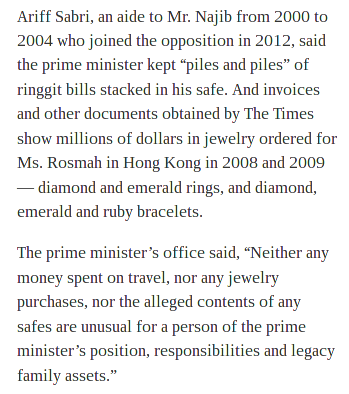» RIP – KP Khoo, layout man
Remembering KP Khoo
By Gobind Rudra
Khoo Kay Peng came to Balai Berita from the Echo in 1970 or so, a lanky soft spoken man of few words. He soon stuck up a friendship with poker and bakuteh kakis such as Michael Foong and John Khoo, and some Penang lang like myself and K Sugumaran.
Then in mid 1971 he began holding a series of mysterious meetings involving his former boss KS Choong, the upshot of which was the desertion of Sugu and Koh Su Chun from the Times, and Mohanan Menon, Charlie Chan and KP’s fellow Echo refugee Khoo Teng Guan from the Malay Mail, with Sanny Tan and Tony Rangel from the Echo. In September, after mighty labours, they gave birth to the “impact compact” (a term stolen from the Sun of Fleet Street, with whom we had lifting rights) which scandalised conservative Penang society as well as the Times and the Echo, to the delight of schoolboys, schoolgirls and fellow upstart journos.

The first front page of The Star on Sept 9, 1971
KP was chief sub and more or less set the tone of the paper with his headings and layouts, to which Teng Guan and I, and later RD Selva, added our share with our own stamp on things, though largely influenced by the scandalous Sun.
KP was to be the mentor of a large pool of young journos when he eventually wandered back to Balai Berita and rose to be the resident guru of subbing and layout. He spent his latter days with the Reserve.
Kay Peng was a lifelong bachelor but he was never lonely, and that little pup that he and the rest of us helped to deliver carries a little bit of him in every copy.
Farewell “Ah Peng”. A beer and fish curry at Kassim Nasi Kandar at 3am and a stroll down the old Gurney Drive the next time we meet.
Gobind Rudra joined the Star in September 1971 and later handled news production of the Sunday edition. He went back to the New Straits Times two years later but rejoined the Star in 1977 where he was later Group Executive Editor, before leaving full-time journalism.
He turned out zingers in print
By Tony Khoo Teng Guan
The man walked softly but he left a distinctive trail. You don’t quite know when he had come into the room but it was always a relief to look up from your work to see him at his desk because you know the next day’s paper will be a zinger with catchy headlines and colourful blurbs. Khoo Kay Peng was quietly spoken and it was always a wonder to me that inside this low-key, almost-introvert, was a big bubble of colour, exuberance and pizzazz. We met when I joined the Straits Echo in Penang as a reporter and he was a sub-editor there with Sanny Tan.
At that time, this was in 1968-69, Kay Peng was already a big fan of the English soccer league and he had written articles and commentary for an English soccer magazine under the name of Vernon Khoo. Without live TV or the internet for research, Kay Peng crafted his English soccer league pieces off the top of his head in his home in Green Lane for a publication in England for British readers. In August of 1971, Kay Peng, Sanny Tan, Gobind Rudra, Sugumaran, Charles Chan, Menon and I joined The Star at Weld Quay, under K. S. Choong and Penang’s first tabloid landed on the streets in September that year.
The team worked 16-hour shifts for months to get The Star out every day. Kay Peng and I crossed paths again in The New Straits Times for a short time some years later until I again left for The Star in 1977. Although we have not seen each other for at least 25 years now, I still maintain a deep respect for Kay Peng’s journalistic skills. Goodbye kawan.
Khoo Teng Guan had left the Echo and was with the Malay Mail when recruited for the founding editorial crew of The Star in Weld Quay, George Town. After a career with the Star, New Straits Times and The (Singapore) Straits Times, he now lives in Sydney with his wife Muriel, a former Bernama, New Straits Times and Star journalist. His father John Khoo, was a fontly-remembered veteran of the Echo, Eastern Sun, New Straits Times and The Star.









